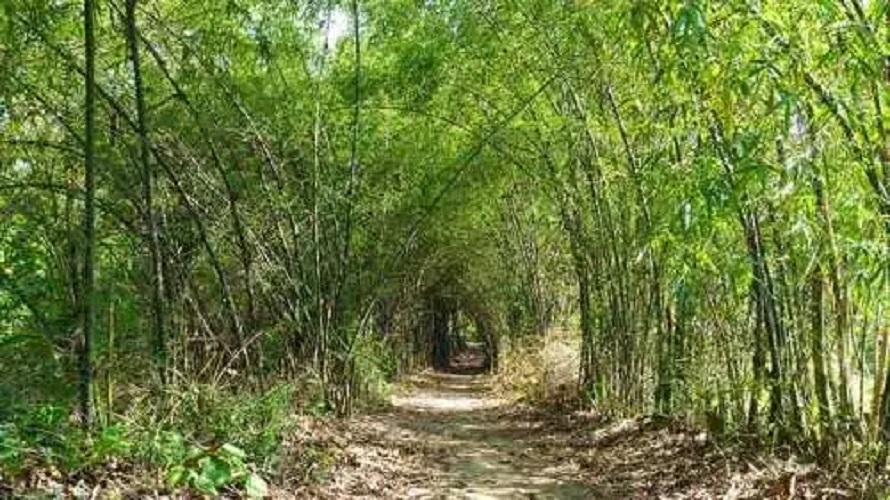Free Courses Sale ends Soon, Get It Now


Free Courses Sale ends Soon, Get It Now



Disclaimer: Copyright infringement is not intended.
Context:
Details :
As per the SC central governments were required to do the following:
Unclassed forests
Concerns over State Expert Committee (SEC) reports:
The potential effects of the Forest Conservation Act Amendment (FCAA):
Must read articles:
https://www.iasgyan.in/daily-current-affairs/forest-definition
https://www.iasgyan.in/daily-current-affairs/forest-conservation-amendment-act-of-2023
Source:
|
PRACTICE QUESTION Q) Discuss the implications of the Forest Conservation Act Amendment (FCAA) 2023 and the challenges in its implementation as per the Supreme Court's directives. Evaluate the concerns raised regarding the identification and protection of unclassed forests, and analyze the potential ecological consequences of inadequate forest conservation measures.(250 words) |
© 2024 iasgyan. All right reserved